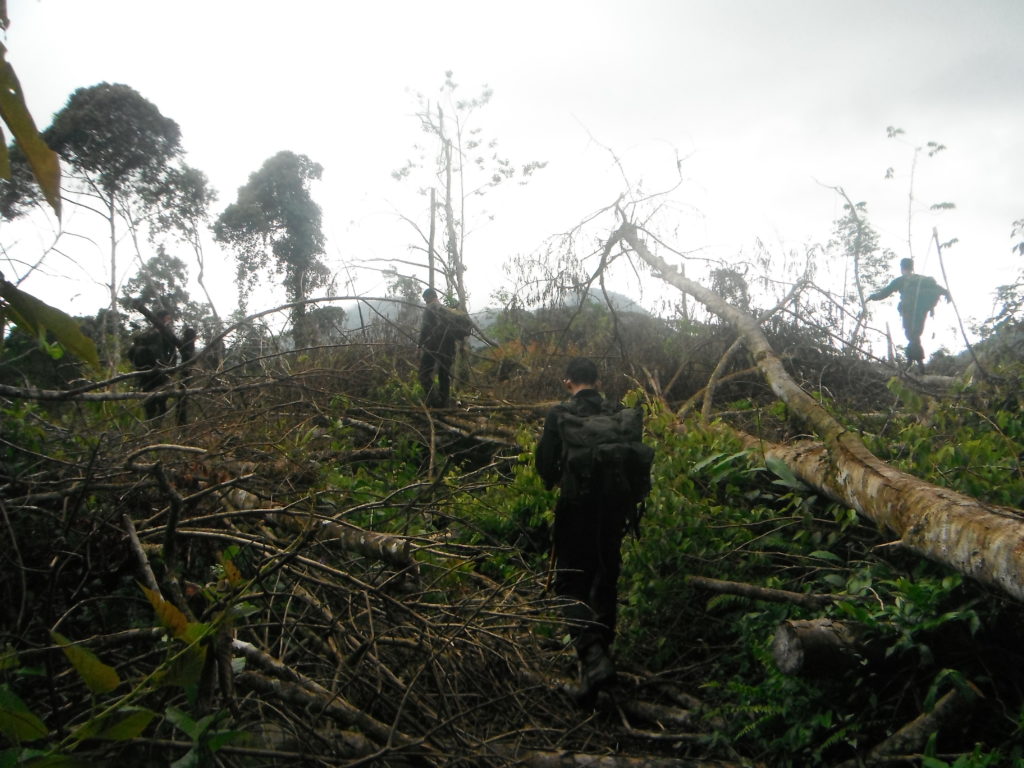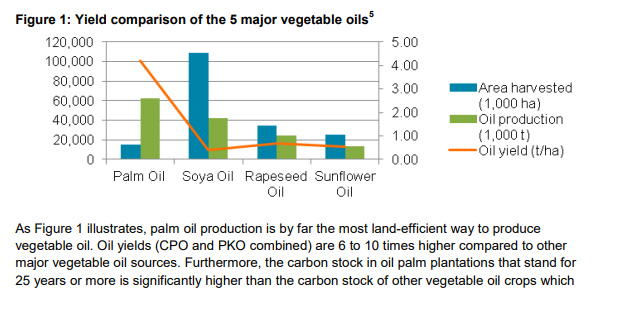We’re often asked what else our supporters can do to protect tigers in addition to making donations or fundraising. Our individual actions can make a huge difference to the long-term health of the landscapes where tigers and leopards live.
But how do we become conscious consumers and what does it even mean? Leading a sustainable life doesn’t necessarily mean becoming vegan or only buying organic, in fact, some cite organic farming as one of the biggest cons in modern history.
According to an independent study in 2014, experts claimed that if the USA exclusively farmed organic food crops to, it would have required an additional 109million acres of land, an area x2 the size of the United Kingdom!
With a plethora of conflicting advice and information out there, these are the steps that I personally try to take in my day to day life to make sure I am doing my bit for the planet and wildlife.
Look beyond the label – Coffee
Land clearances for agricultural purposes are one of the biggest drivers of deforestation of tiger habitat across Asia. In Indonesia, a preferred method of clearing trees is “slash and burn”, where huge swathes of prime forest are literally torched from the roots, where they can wipe huge areas quickly and uncontrollably thanks to the carbon-dense peat soil the trees thrive in.
Based in London, having never stepped foot in prime rainforest or jungle, I find it hard to visualise the sheer impact of unsustainable farming practice. Yes, I read it in the press, see it on TV, RT articles about it on Twitter, but it isn’t hard to see how we can become disconnected from the reality, or feel helpless to act against it.

In 2015, the FFI Tiger Protection project sent us this image from within the protected area of Kerinci Seblat National Park, where a Unit of rangers discovered coffee smallholders preparing to clear land for crops. The clear message, sent from the in-country team was to ALWAYS check the provenance of your coffee, especially if it originated from Sumatra.
This is easier said than done. Sustainability is a broad term, factoring in human as well as environmental rights, and the various certification schemes that we are familiar with i.e. Rainforest Alliance, Fairtrade or Soil Association etc. all have varying priorities.
The purpose of this article is not to prioritise one of these schemes over another, or pitch brands against each other, it is more to serve as inspiration to think about what is important to you. Personally, the Rainforest Alliance most closely aligns with my priorities, so purchasing coffee with that logo is my current contribution to being a conscious consumer.
Personal action: look at the coffee shops you visit, the brands of coffee you buy, research the various certification schemes and decide where you can start making steps to source your coffee more sustainably.
Look beyond the label – Palm Oil
Palm Oil is consistently demonised in the media, which has led to the huge confusion surrounding this product, found in ~50% of the goods in our shopping basket. But why, when other crops that we use to produce vegetable oil use far more land and pesticides than the oil palm, as highlighted in this report from Oxfam in 2014.
The oil palm was indigenous to Africa, however, in the last 15years Indonesia & Malaysia have accounted for 84% of global exports of the crops and their derivatives.
So this all sounds good, why are some major retailers removing all products containing palm oil?
Simply put, this exponentially growing industry has grown too fast and is so profitable that the supply chain has become almost impossible to navigate from a consumer’s and retailers perspective. There is a body in charge of ensuring safe practice and transparency through the palm oil supply chain, the RSPO. The RSPO do receive their share of criticism for “not doing enough”, but along with other organisations like ZSL’s SPOTT are cleaning up the industry.
It seems that sometimes the easiest message for the masses is to outright boycott all products containing palm oil, but to me, this is an unsustainable and unrealistic solution to the problem.
Our world population is projected to reach 9.8 billion in 2050, and as this grows so will our demand for agricultural land. Investing in organisations like SPOTT and the RSPO and ensuring that consumers understand enough to demand certified sustainable palm oil is key.
Personal action: Start with your own shopping trolley, research the supermarkets and the brands that you buy from regularly. All will have clear statements about their sustainability goals, reach out to those that do not take a strong stance; if there is no consumer demand for clear palm oil policy then there is no incentive on producers to clean up their acts.
Reduce, reuse, recycle!
Experts behind ZSL’s #oneless campaign have released data showing that Londoners are among the highest users of bottled water in the UK. The average London adult buys 3.37 plastic water bottles every week – that’s 175 every year per person, and over a billion per year on a city level. Sadly, many of these end up in the River Thames and flow out to the ocean.
It seems we have an almost insatiable appetite for single-use plastic, not just water bottles, but straws, packaging, shampoo bottles etc. When England banned disposable plastic shopping bags, and introduces a 5p levy on more robust shopping bags, usage dropped by 85% in the first 6 months. And that was prior to smaller independent businesses having to implement this change.
What does a bottle of water that you bought on the run have to do with tigers and other wildlife in India? This horrific story about an elephant found dead in a tiger reserve, with a belly full of plastic gets straight to the point. Tiger reserves are plagued with plastic waste, while this may only indirectly affect wild tigers, we must practise what we preach from the west. If we cannot stop our waste from damaging the environment, we cannot be outraged at stories like these from regions without reliable access to clean tap water and recycling facilities.
Personal actions: I tried to do a month without creating any plastic waste. I’d failed within hours. I had to set some slightly more realistic targets for myself, which were to carry my water bottle and coffee cup everywhere, and refuse straws!
Blog post written by Crissie Constantinou, WildCats Conservation Alliance


